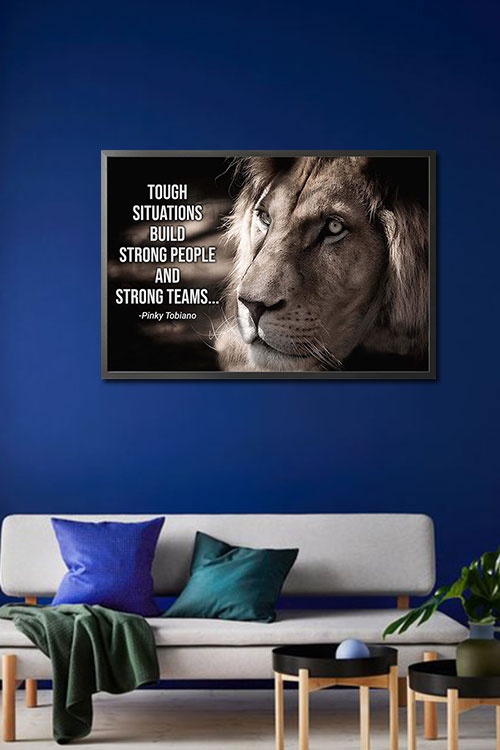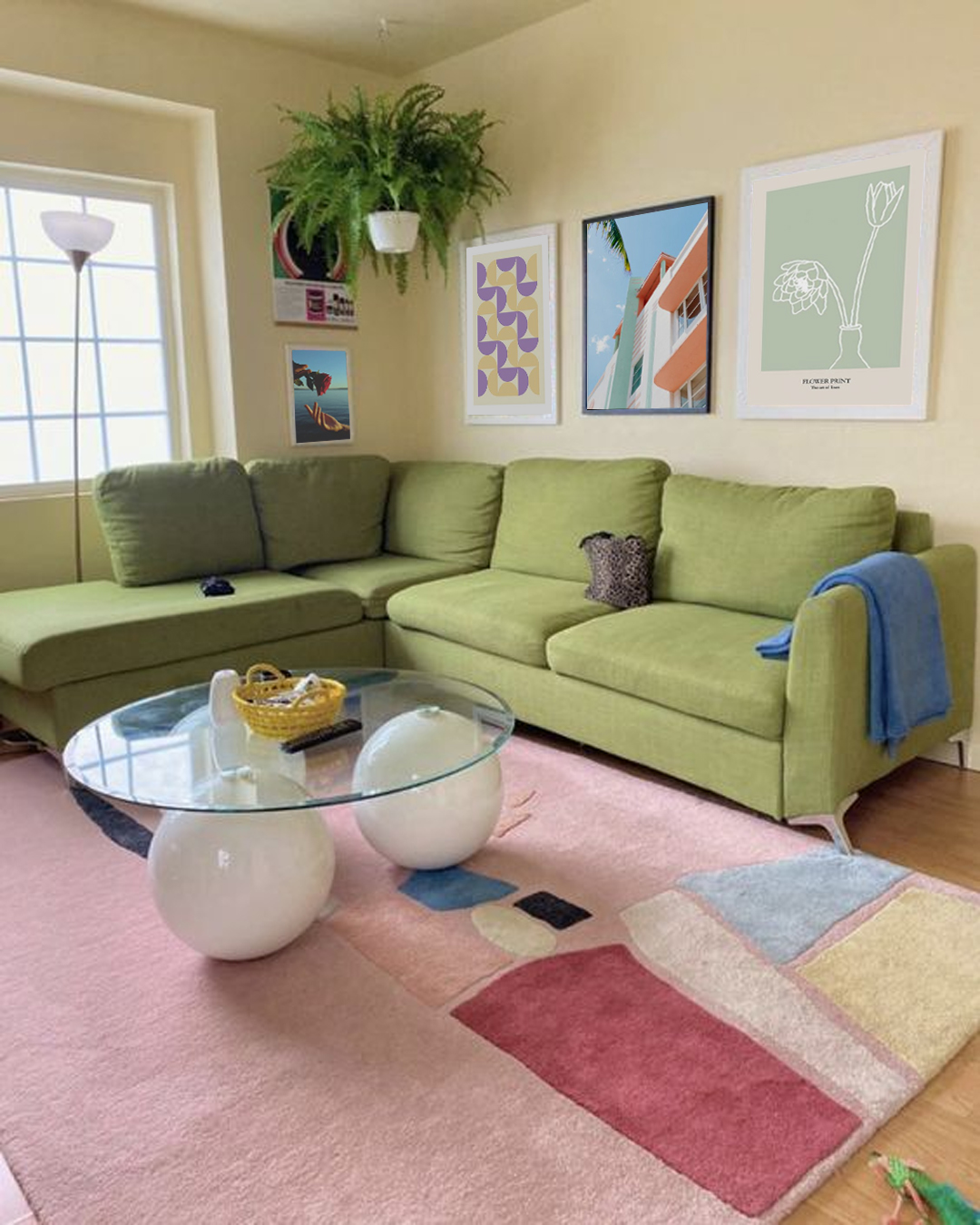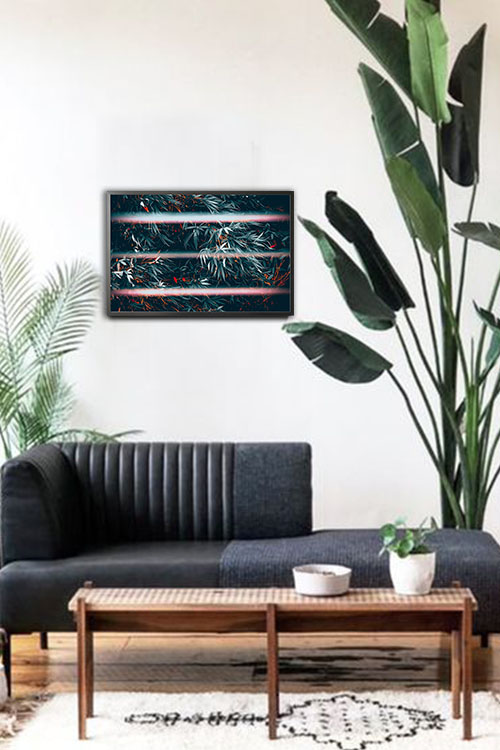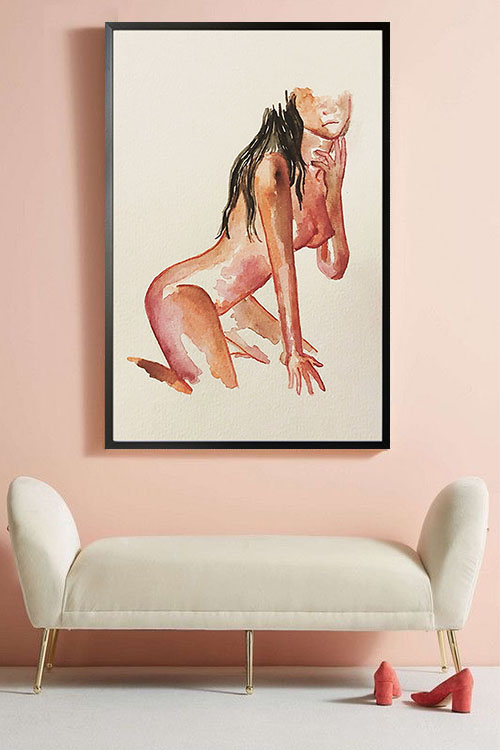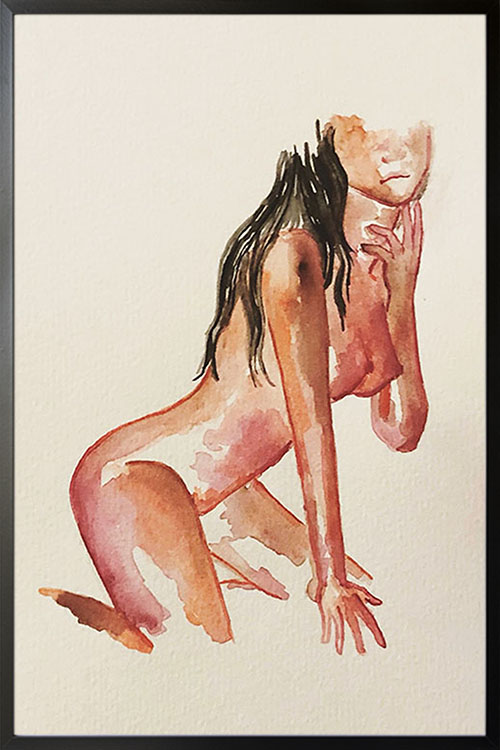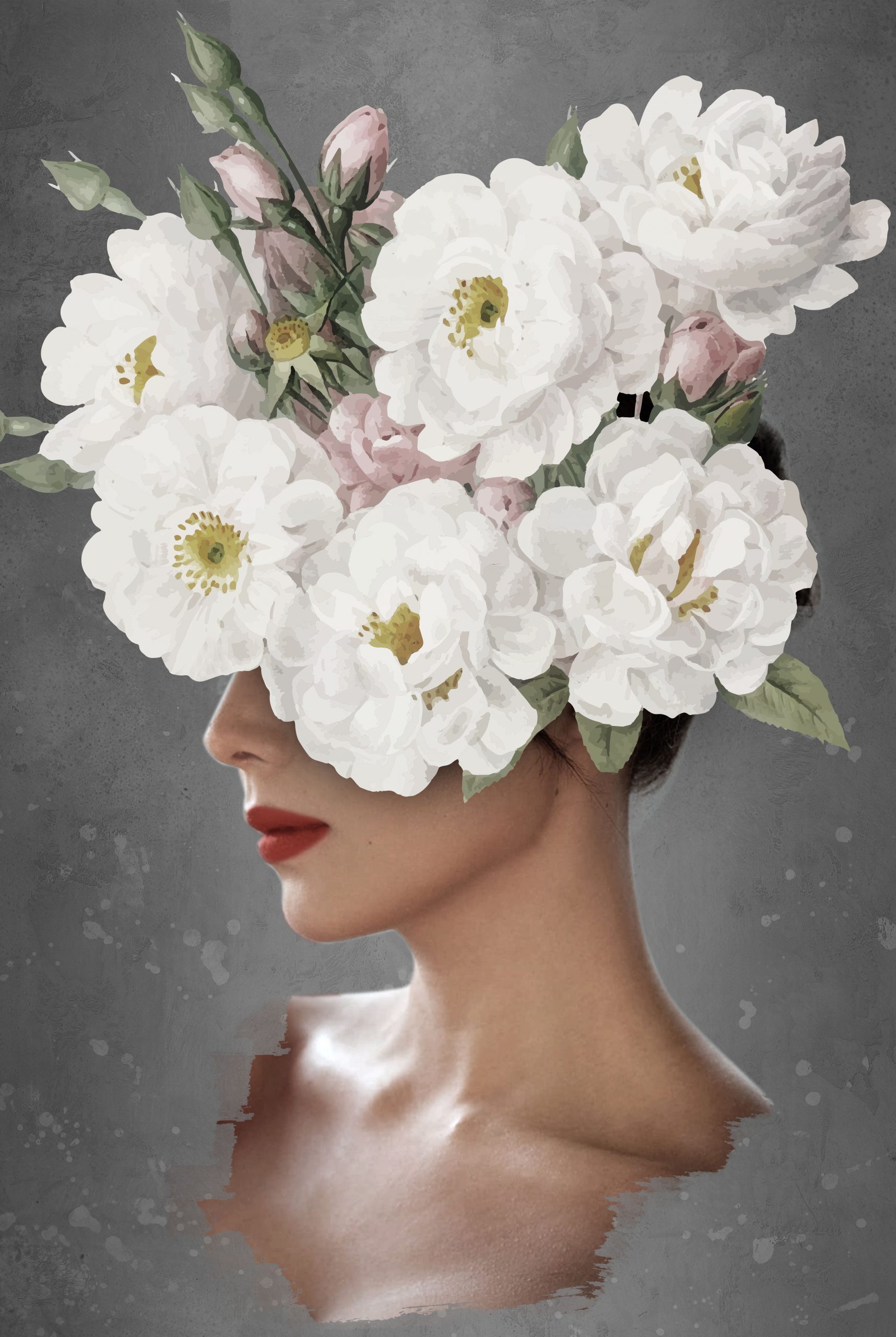
Our loved ones deserve to be happy and it is up to us how to make that happen. There are a thousand ways to do so and must come from the heart. The goal is to be creative and do something unique that your loved one will appreciate. Giving traditional gifts may be outdated, but this can still be done with personalized items. If you want to know more then we can give you some ideas that you can use for any upcoming occasion, event, or even on any ordinary day.
A personalized photo collage
Go over your photo albums of the gallery on your phone and pick some photos. These should be something special like family outings, dinners, travels, fun times at school, and others. This may be challenging as there are probably many photos to look at. However, this could get more exciting as you start. The goal is to capture all the best moments and create a nostalgic feeling. All you need is to be creative and arrange the photos in any layout you could possibly think of to create an artistic collage. With the different apps available these days, you can easily create a personalized print that he or she will love.
Go old school and send flowers
Sending flowers may be a bit traditional but it still does the trick and can be used on any occasion. It is common to send flowers on Valentine’s Day, anniversaries, Mother’s Day, and others. Also, remember that the type and color of the flowers you will give have significant meanings. For instance, red roses symbolize romance, love, beauty, and courage. Giving 12 red roses represent perfect beauty and true love. Showing your love this way will make that person happy.
Prepare a meal
Your wife may be the meal planner and chef of the family. Why not reverse it this time and be the one to cool a special meal for her? However, if cooking is not a talent of yours, you can always order her favorite meals. If you will have a special dinner in the dining room, then better prepare the room as well. Decorate it to make it look romantic. Flowers at the center of the table, light some candles, or decorate the walls with trendy posters, or any poster she loves to see.
Be sweet and make their favorite dessert
If you know that your loved one has a sweet tooth then you know what to do next. Surprise them with the dessert they love. Buy the necessary ingredients and go for it. You can check recipe books or the internet for tutorials. Again, if cooking or dessert making is not your department, then order a cake or any pastry from their favorite bakeshop.
A customized poster that they will love
If you want to be really unique and want something special to give to your loved one, then personalized prints are the answer. You can easily order online or go to poster printing shops and have the art that you want. Again, you can go over your photo collection and pick something that you can use. You can ask the shop for the layout that you want for a more personal touch.
Decorate their rooms
If you think that the room of your loved one needs a little leveling up, then it is time to do it yourself. There are many ways to do this such as adding cushions or fabric in the bedroom. You can also think of the wall and add wall art to make it look captivating. Trendy and affordable art can easily boost the appearance of the entire room. Think of something more special and decorate the wall with personalized posters. This will surely make your loved one smile and love the new appearance of their room.
